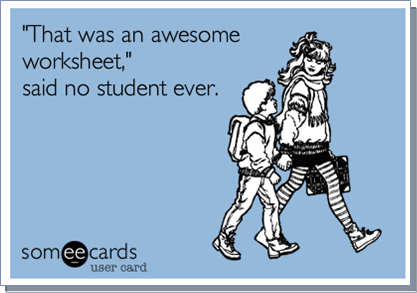At our all staff district kick-off event, our superintendent asked a 6th grade student from one of our elementary schools to speak on the critically important topic of student-teacher relationships.
Imagine how nervous this student was to speak in front of 400+ adults on what it means to have positive relationships between students and teachers.
Though scared and nervous... I think he nailed it!
Here are Tanner's top tips for good relationships between students and teachers:
1). Good relationships with students increase their focus because if you like your teacher, you're going to pay attention to her/him.
2). Relationships decide what type of attitude your classroom has. If you have good relationships with your students, you will probably have less 'I don't want to learn attitudes.'
3). Relationships decide a student's attitude toward school and affect their self-esteem. A good relationship between a teacher and a student helps their self-esteem because the student knows you care about them and they want to think good about themselves.
4). Your relationship with your students mostly decides how much respect you get.
Imagine how nervous this student was to speak in front of 400+ adults on what it means to have positive relationships between students and teachers.
Though scared and nervous... I think he nailed it!
Here are Tanner's top tips for good relationships between students and teachers:
1). Good relationships with students increase their focus because if you like your teacher, you're going to pay attention to her/him.
2). Relationships decide what type of attitude your classroom has. If you have good relationships with your students, you will probably have less 'I don't want to learn attitudes.'
3). Relationships decide a student's attitude toward school and affect their self-esteem. A good relationship between a teacher and a student helps their self-esteem because the student knows you care about them and they want to think good about themselves.
4). Your relationship with your students mostly decides how much respect you get.
What a powerful message from a 6th grade student! Thank you for sharing this important message with our staff Tanner!














